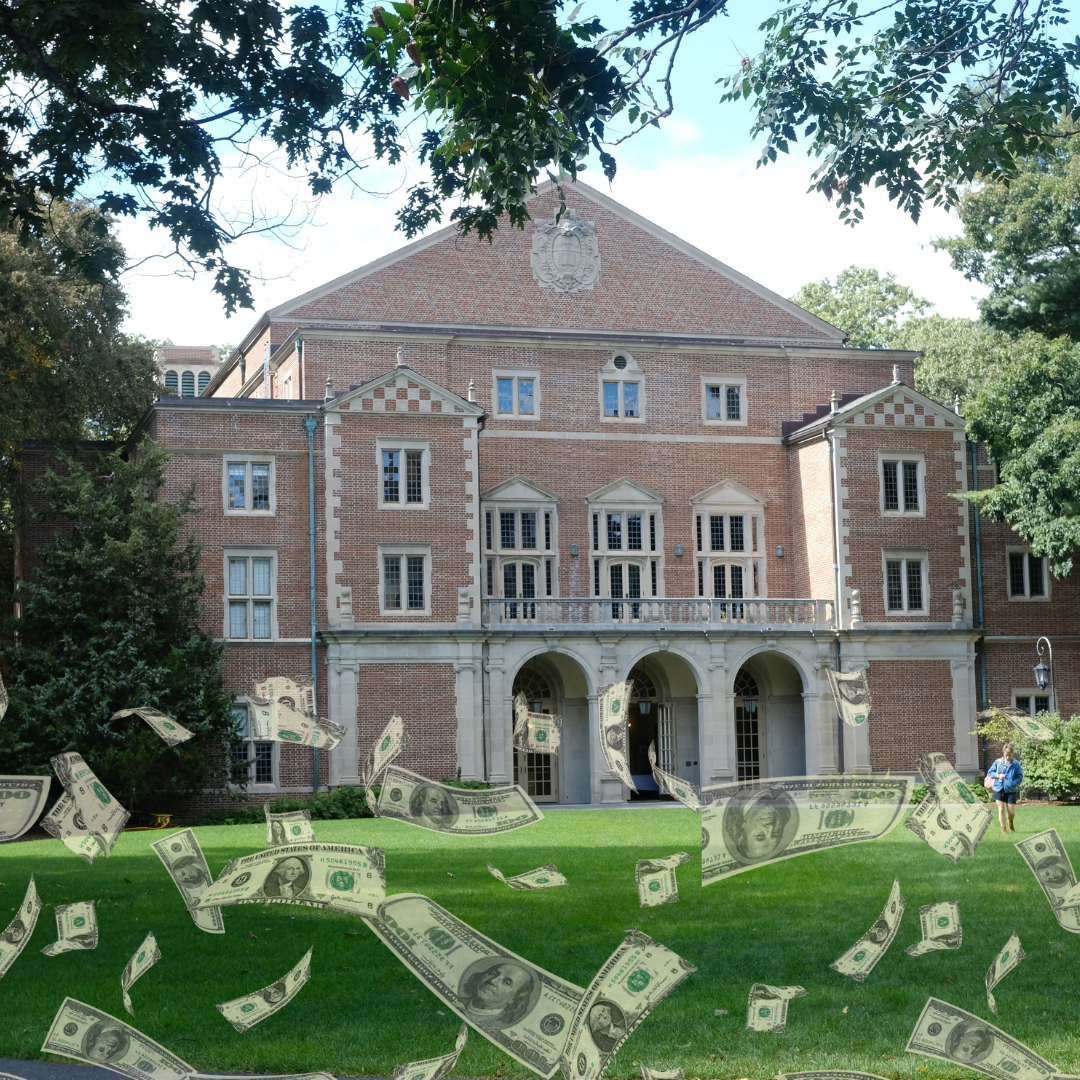Supreme Court declines to hear same-sex marriage cases, allow unions in five states
The Supreme Court on Monday declined to hear five major cases on same-sex marriage, implicitly upholding the appeals court rulings that allow same-sex marriage in Virginia, Utah, Oklahoma, Indiana and Wisconsin. The decision sparked a wave of gay and lesbian couples who rushed to take their vows within hours of the announcement. Two-thirds of states in the U.S. now allow same-sex marriage, and the number is expected to rise in the wake of this week’s decision. The Supreme Court seems to be biding its time until a large enough majority of states have allowed same-sex marriage, as it did in the case of interracial marriage. Still, its refusal to hear the cases has frustrated both the supporters and the opponents of same-sex marriage who were pushing for the Court to rule on the issue once and for all.
United States to enact tougher airline Ebola screenings
Soon after Thomas Eric Duncan, the first person diagnosed with Ebola in the United States, lapsed into critical condition, President Obama announced that the U.S. government would tighten screenings of airline passengers traveling between the United States and Africa. Several prominent Republican Congressmen called for an all-out travel ban for those coming to the United States from the affected countries, but health officials fear that such a ban could discourage health workers from traveling to West Africa to contain the virus. In the midst of growing fear of Ebola in the West, administrative officials have reassured Americans that the United States health care infrastructure is much better equipped to contain Ebola than the scarce and overloaded institutions in West Africa. The virus poses a greater threat in a country like Liberia where malnourishment, lack of adequate shelter, and limited access to health care have fed the epidemic.
Hong Kong student leaders meet with government as protests wane
After more than a week of protests in the streets of Hong Kong, students have begun to return to their classes and workers to their jobs. The dwindling crowds cleared the way for government workers to return to their offices, many of which had previously been blocked by demonstrators. On Monday, a few hundred protesters remained at the sit-ins while representatives from the two main student groups, Scholarism and the Hong Kong Federation of Students, entered into their second round of talks with Chief Secretary Carrie Lam, the second-in-command of Hong Kong. The students refused to meet with the most powerful official in Hong Kong, Chief Executive Leung Chun-ying, whom they hope to replace the 2017 election.
Brazilian President faces runoff in Presidential election
Dilma Rousseff, the leftist incumbent in Brazil’s presidential race, faces a runoff with pro-business opponent Aecio Neves. Rousseff became the country’s first female president in 2011 and, during her tenure, made electricity widely available for Brazilians living in the countryside. However, she has also received criticism for her management of the World Cup this year. Her opponent Neves has promised lower inflation and plans to promote more investment in the nation’s economy. Neves is an economist and a well-known name in politics. Marina Silva, an environmentalist candidate who was seen as the leading opponent to Rousseff up until a barrage of negative campaigns put her in third place in the polls, did not qualify to participate in the runoff. Although Rousseff also advocates environmental conservation, her plan for economic growth takes advantage of the natural resources in the Amazon through large mining and dam-building projects.





